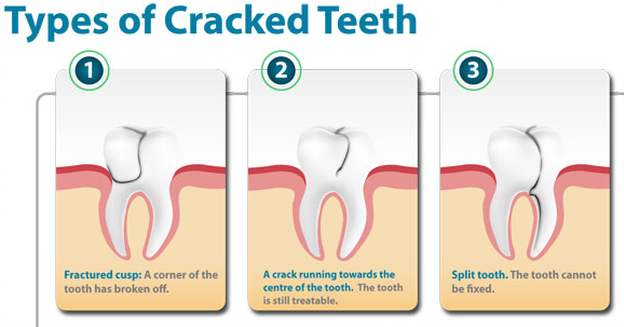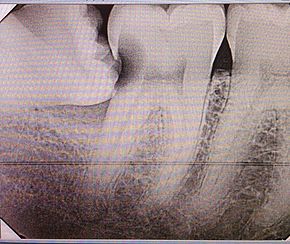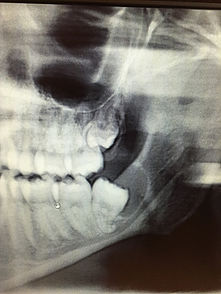Oral Surgery in Apex, NC
Safe, Expert Surgical Care for Your Oral Health
When oral health issues require surgical intervention, you need a trusted expert to guide you through the process. At Hansen Dentistry, Dr. Rylan Hansen, your reliable Apex dentist near you, offers a range of oral surgery services in a comfortable and safe environment. From routine extractions to complex procedures, we’re here to restore your oral health with care and precision.
What Is Oral Surgery?
Oral surgery involves specialized dental procedures to address complex issues that go beyond general dental care. These treatments are often necessary to remove damaged teeth, prepare for restorative work, or treat oral conditions affecting your overall health.
Why Choose Hansen Dentistry for Oral Surgery?
- Experienced Care: Dr. Hansen has extensive experience performing oral surgery with a focus on patient comfort and optimal outcomes.
- Advanced Technology: We utilize state-of-the-art tools and techniques to ensure precision and efficiency.
- Comfort-First Approach: Sedation options and a compassionate team help make your experience stress-free.
- Comprehensive Support: From diagnosis to recovery, we guide you through every step of your treatment.
Common Oral Surgery Services
- Tooth Extractions: Remove severely damaged or impacted teeth, including wisdom teeth.
- Bone Grafting: Prepare your jaw for dental implants by strengthening and rebuilding bone tissue.
- Frenectomy: Correct tongue-tie or lip-tie conditions for improved function.
- Biopsies: Diagnose oral abnormalities with precision and care.
Benefits of Oral Surgery
- Relief from Pain: Address discomfort caused by damaged or impacted teeth.
- Improved Oral Function: Restore your ability to chew, speak, and smile with confidence.
- Preparation for Restorative Work: Lay the foundation for treatments like dental implants.
- Enhanced Overall Health: Treat conditions that may affect your general well-being.
Schedule Your Oral Surgery Consultation
Whether you need a routine extraction or a more complex procedure, Hansen Dentistry is here to help. Call (919) 363-8444 or submit a request form on our website to schedule a consultation. Trust Dr. Rylan Hansen, recognized as the best dentist in Apex, for safe, expert oral surgery services.



 Postponing treatment can lead to more serious complications such as an infection or a deeper fracture. That is why it is important not to ignore warning signs or dental pain and sensitivity. By seeking treatment early, there is a typically better prognosis for the tooth. which also usually results in a lower financial cost of treatment.
Postponing treatment can lead to more serious complications such as an infection or a deeper fracture. That is why it is important not to ignore warning signs or dental pain and sensitivity. By seeking treatment early, there is a typically better prognosis for the tooth. which also usually results in a lower financial cost of treatment.


